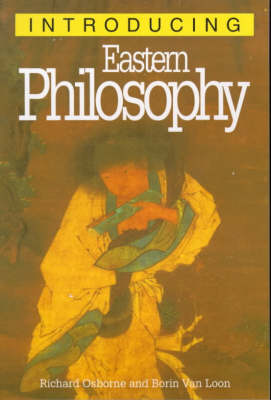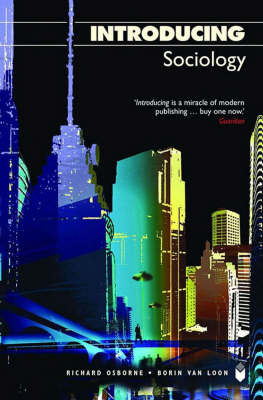Introducing...
2 total works
Eastern philosophy is the most ancient form of thought known to man, predating western philosophy by some centuries. Dissatisfaction with materialism is turning westerners towards the integrated approach of eastern thought, but often in a vague and generalised form. This book focuses on India and China, the two oldest and most influential origins of eastern thought. It elucidates the complex schools of Hindu philosophy, the offshoots of Indian Buddhism, the traditions of Confucius and the Tao in China, and demonstrates their fundamental differences from western notions of truth. It makes clear the eastern view of ultimate reality, the emphasis on selfless ethics and the quest for Enlightenment, and shows how these ides are set in a cosmic whole in contrast to the western individual and scientific perspective. This book should be a guide for the western reader to the historical and philosophical basis of eastern cultures.
What is sociology? Simply, it is the study of how society functions, or in some cases, does not function. Various competing schools of sociology have attempted to fit observations of social phenomena into different conceptual systems. This book traces the origins of these systems from Enlightenment thought and the pioneering work of Auguste Comte to subsequent developments in Karl Marx, Herbert Spencer, Emile Durkheim and Marx Weber. The rapid expansion of sociology in 20th -century America and Britain, the post-World War II dominance of Talcott Parsons, the Chicago School and the rise of Structuralism are outlined in a clear, graphic form. The book also examines the array of concepts and methods of research that have been applied to the study of society by the key analysts, and is essential reading for students of the subject and for anyone interested in understanding the functioning of society.

